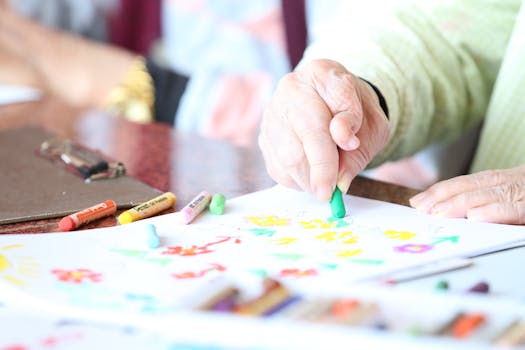You'll need to complete a degree followed by a postgraduate qualification approved by the British Association of Play Therapists or Play Therapy UK.
Your undergraduate degree should be in a related subject like:
- psychology
- early childhood studies
- mental health nursing
- social work
- education
You'll also need experience of working with children in professions like teaching, nursing, counselling, therapy or social work.
Entry requirements
You'll usually need:
- a degree in a relevant subject for postgraduate study


